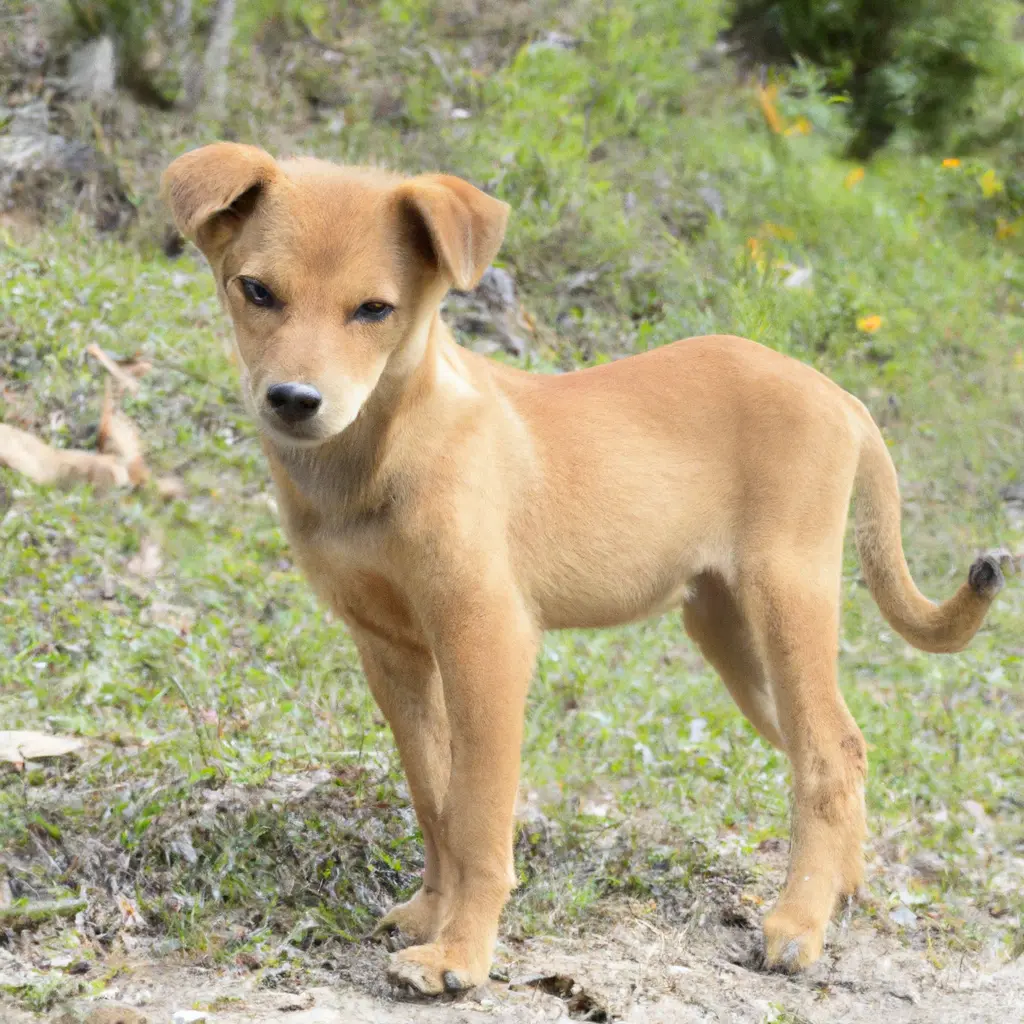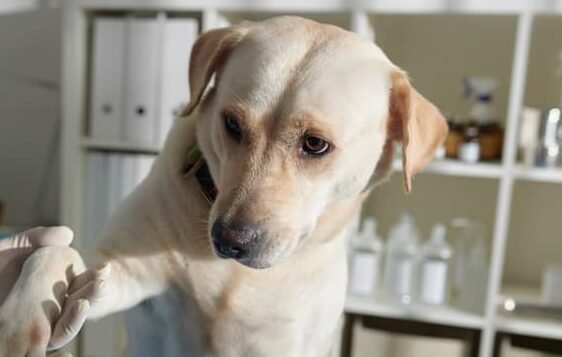When choosing a dog, many people look for breeds that will shower them with love and affection. However, not all dog breeds are naturally inclined to be overly affectionate. Some dogs, while loyal and wonderful companions, tend to display a more independent, aloof, or reserved personality. Understanding these traits can help prospective dog owners find the right fit for their lifestyle. Let’s explore the 10 least affectionate dog breeds and uncover what makes them unique.
1. Banji

The Basenji is often referred to as the “barkless dog” due to its unique vocalizations, but its personality is just as distinct.
Why Basenjis Are Less Affectionate
- Basenjis are known for their independence, which is a result of their origins as hunting dogs in Africa.
- They prefer to engage in activities that stimulate their mind rather than seeking constant physical affection.
Traits to Consider
While Basenjis can be loving in their own way, they are best suited for owners who appreciate their intelligence and curiosity over clingy behavior.
2. Afghan Hound
With their regal appearance and flowing coat, Afghan Hounds exude elegance—but they are not always the cuddliest of companions.
Aloof Yet Loyal
- Afghan Hounds were bred as hunting dogs in mountainous regions, requiring independence and quick decision-making.
- They often maintain a reserved demeanor, showing love on their terms.
Ideal for Certain Owners
If you value a dog with a sophisticated and independent streak, the Afghan Hound could be a great choice.
3. Chow Chow
The Chow Chow is a dignified and sometimes aloof breed with a lion-like mane and a strong sense of independence.
Why Chow Chows Are Reserved
- Originally bred as working dogs in China, Chow Chows developed a self-reliant attitude.
- They can be territorial and are not naturally inclined toward physical affection.
What Makes Them Unique
Chow Chows bond deeply with their families but prefer to show loyalty rather than overt affection. Early socialization is essential to curb their natural aloofness.
4. Shiba Inu
The Shiba Inu is a Japanese breed celebrated for its fox-like appearance and spirited personality.
Independent Nature
- Shiba Inus are independent thinkers, often likened to cats due to their self-reliant attitude.
- They can be affectionate but typically avoid excessive cuddling or dependence.
Who Should Own a Shiba Inu?
This breed thrives with owners who respect their space and are willing to embrace their unique quirks.
5. Scottish Terrier
The Scottish Terrier, or “Scottie,” is a small breed with a big personality and a noticeable streak of independence.
Aloof but Devoted
- Scotties are fiercely loyal to their families but often prefer observing rather than participating in close affection.
- Their background as working terriers gives them a no-nonsense attitude.
Perfect Match
Scottish Terriers are ideal for people who appreciate a dog that is loving in subtle, quiet ways.
6. Shar Pei
The Shar Pei is a breed that stands out for its wrinkled skin and calm demeanor.
Why Shar Peis Keep Their Distance
- Bred in China for guarding and herding, Shar Peis have a reserved and protective nature.
- They are not naturally inclined toward cuddling or excessive displays of affection.
A Guard Dog at Heart
Shar Peis form strong bonds with their families but often express their love through quiet companionship rather than overt displays.
7. Alaskan Malamute
Known for their strength and endurance, Alaskan Malamutes are built for hard work in harsh conditions.
Independent by Nature
- Alaskan Malamutes were bred as sled dogs, requiring focus and independence.
- While loyal and friendly, they are not always eager for constant physical affection.
Who Should Consider This Breed?
Active individuals who enjoy outdoor activities and can appreciate a dog with an independent spirit will find the Alaskan Malamute a great companion.
8. Borzoi
The Borzoi, or Russian Wolfhound, is a graceful and quiet breed with a reserved demeanor.
Reserved Yet Loving
- Borzois are naturally quiet and independent, reflecting their history as hunting dogs for Russian nobility.
- They form strong bonds but prefer their affection to be understated.
Best Fit for Borzoi Owners
This breed suits those who appreciate a calm and low-maintenance dog that doesn’t demand constant attention.
9. Chinese Crested
The Chinese Crested is a unique breed known for its hairless body and affectionate but selective nature.
Selective in Affection
- Chinese Cresteds can be affectionate, but they tend to bond closely with just one person.
- They are not as outwardly affectionate with strangers or other household members.
Ideal for Small Households
These dogs thrive in quiet environments with owners who can dedicate attention to their particular needs.
10. Akita
The Akita is a large, powerful breed with a strong sense of loyalty and dignity.
Why Akitas Are Less Affectionate
- Originating in Japan, Akitas were bred as guard and hunting dogs, leading to their independent and reserved temperament.
- They show love through quiet presence and protective behavior rather than physical affection.
The Right Owner for an Akita
Akitas are ideal for experienced dog owners who understand their complex personalities and are willing to invest in proper training and socialization.
Understanding Independent Breeds
While these breeds are considered less affectionate, it’s essential to recognize that their aloofness doesn’t mean they lack love for their owners. These dogs often form deep, meaningful bonds—they just express their affection differently.
Key Takeaways
- Know Your Needs: If you’re seeking a cuddly companion, these breeds may not be the best fit.
- Respect Their Traits: These dogs have unique histories and characteristics that make them special.
- Training and Socialization: Early socialization can help these breeds become more adaptable and open to affection.
Choosing a dog is a personal journey, and finding a breed that matches your lifestyle and personality is essential. The 10 least affectionate dog breeds may not be lap dogs, but they bring loyalty, intelligence, and independence to their families.
